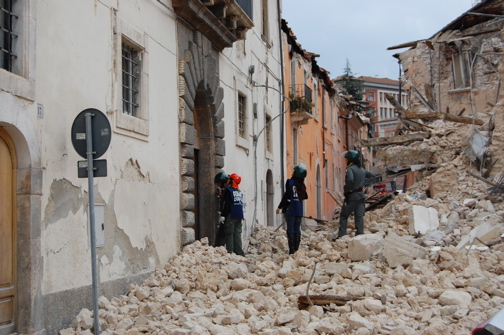
October 29, 2012, by Brigitte Nerlich
Decision making under uncertainty: Proposal for a new typology
This is a guest blog by our newly appointed Chair in Science and Technology Studies, Professor Reiner Grundmann. It guides readers to a paper which presents thoughts on science, politics and decision making, linked to my recent blog on the impact of earthquakes, but going beyond it by exploring various theoretical and policy angles that needed a much more detailed analysis. Reiner writes:
The recent jail sentence handed out to Italian seismologists has provoked angry reactions from across a spectrum of commentators. Some of these seem to have been written in the heat of the moment. In good academic tradition it is perhaps better to analyze the issues at play, as dispassionately as possible. This paper tries to provide an account of decision making under uncertainty in which scientific expertise has been used in a specific way by public authorities. I will develop a typology which is inspired by Pielke’s Honest Broker but goes beyond the analysis presented there. The typology will explore four exemplary cases, abortion politics, tornado politics, earthquake politics, and climate politics. An argument is developed about the modes of negotiation in each case, highlighting the irreducible uncertainty in climate and earthquake politics. The paper concludes by arguing that we need clear institutional safeguards for scientific experts acting in official advisory functions. These safeguards need to ensure the independent and critical role of scientific expertise.
The paper can be downloaded here
Image: Wikimedia commons

Some people interested in reading the paper have told me that they cannot download it from Academia (because they have not registered to their service and have no intention to do so). Therefore I provide another link where you should be able to view the paper.